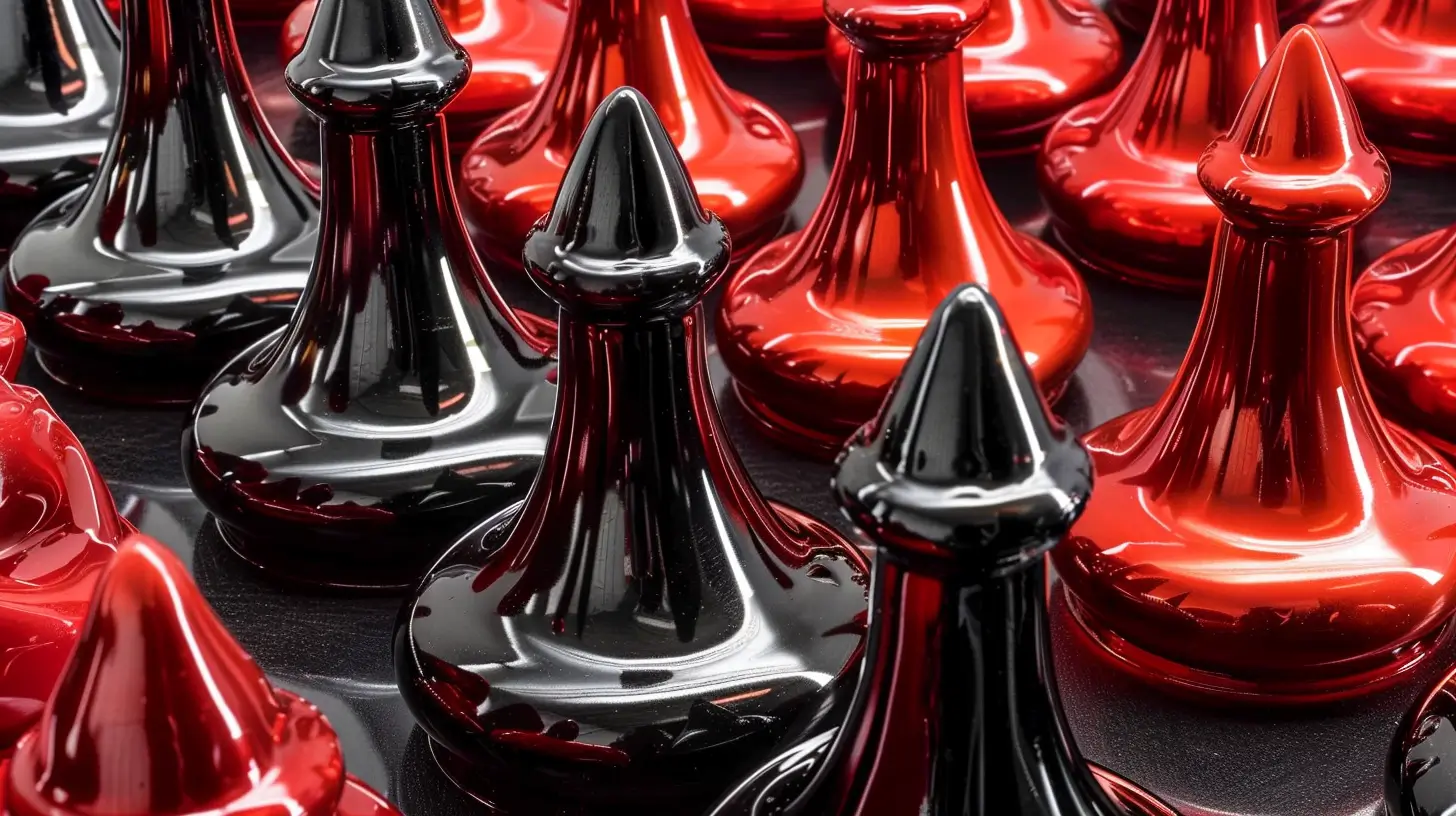Release Date:
Jul 4, 2024
Reading Time:
4 min.
Posted In:
Psychology
Written By

Miss Vixen Noir
Professional Domina & Psychologist
Fetishes are a complex matter, influenced by a mix of biological, psychological, and social factors. Understanding them means recognising each fetish is unique, shaped by an individual's experiences and emotions.
Different Perspective
Freudian Origins — Sigmund Freud, the father of psychoanalysis, was one of the first to offer a theory about the origins of fetishes. According to Freud, fetishes arise from childhood experiences and serve as a coping mechanism for uncomfortable emotions or situations. The theory goes that if a child experiences anxiety or fear, especially concerning the opposite sex, they may redirect their sexual attention towards inanimate objects or specific body parts that aren’t inherently sexual. This is what Freud termed "sexual displacement." So the next time you see a stiletto heel and feel a rush, remember that Freud might suggest it dates back to something in your childhood.
Behaviourist Theories — Behaviourists see the development of fetishes through a different lens. According to them, classical conditioning plays a significant role in fetish formation. Imagine, for instance, that someone discovers a latex glove during their first sexual experience. The arousal experienced during that initial encounter could forever link latex gloves with sexual excitement, courtesy of positive reinforcement.
Neurobiology — Our brains are wondrous machines, complete with specialized areas for different tasks. Remarkably, the regions responsible for genital touch and feelings of reward lie in close proximity within the brain. The closeness of these areas can lead to neural "cross-wiring," whereby objects or activities not inherently sexual can become associated with sexual arousal. One compelling theory posits that this might explain why foot fetishes are so common—the brain regions that process foot and genital stimuli are adjacent to each other.
Kinks and Fetishes in the 2020's
Internet and Pop Culture — Modern technology has ushered fetishes out of the closet and into the mainstream. Thanks to the internet, people can find like-minded communities, learn about different fetishes, and even indulge in virtual experiences. This connectivity is breaking down stigmas and normalising what was once considered "abnormal" sexual behaviour.
Emotional and Psychological Payoff — At the core of many fetishes is a psychological need or emotional desire that extends beyond mere sexual satisfaction. For some, fetishes can offer an emotional release, a form of intimacy, or even a coping mechanism for trauma. Submissives may find joy in surrendering control, while dominants may relish the empowerment. It's a two-way street of giving and receiving, both emotionally and psychologically.
Final Musings — Understanding the world of fetishes is like exploring a labyrinthine mansion with a myriad of rooms, each filled with unique artefacts and secret doors. The factors that contribute to fetish development are multiple and often interconnected, ranging from individual psychology and neurobiology to societal norms and cultural influences.
So when someone asks, “Why do people have fetishes?”, the answer is not straightforward. It’s a kaleidoscope—comprising biological drives, psychological needs, social factors, and emotional yearnings. And each person's fetish, like a thumbprint, is distinct, shaped by an array of experiences and feelings.
Indulge wisely, and keep exploring your most profound cravings.
A Bit of Trivia
Foot fetishes are among the most prevalent fetishes. According to neuroscience, that's due to overlapping neural pathways between feet and genitalia.
BDSM and role-playing can serve as outlets for emotional release, often allowing people to escape societal norms or relieve stress.
The fetish of "Tamakeri" in Japan zeroes in on the eroticism of being kicked in the testicles. While painful for some, others derive intense pleasure from it.
Some indigenous cultures integrate fetishes into their religious rites, illustrating how fetishes can traverse the boundary between the erotic and the sacred.
Related Articles




